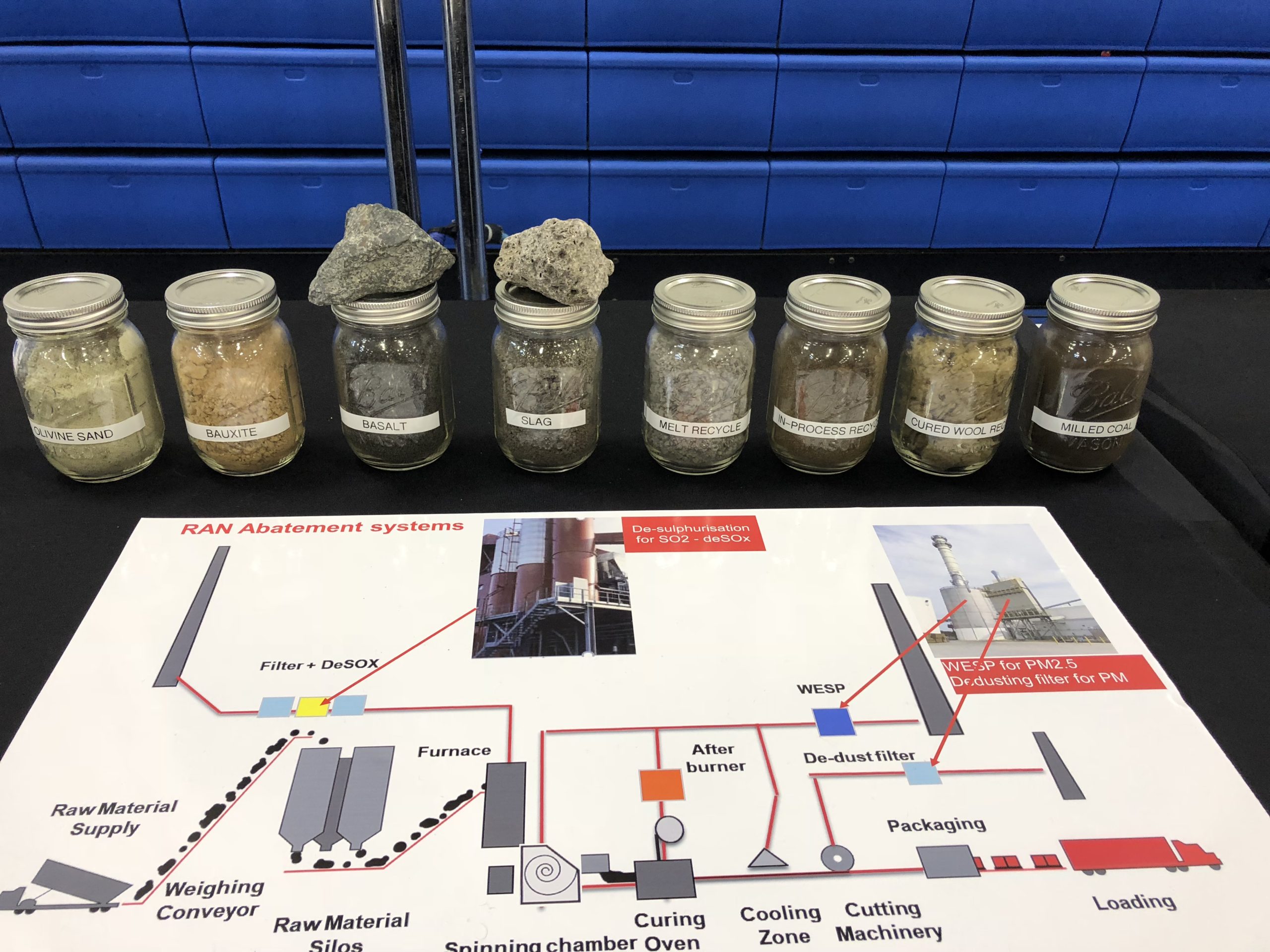The Foundation Asks the EPA to Postpone Rockwool’s Operation in Light of Clean Air Act Violations
In a letter dated May 17, 2021, Jefferson County Foundation asks the federal Environmental Protection Agency (EPA) to use its authority provided under the Clean Air Act (CAA) to immediately stop the construction and postpone the operation of Rockwool until the West Virginia Department of Environmental Protection (WVDEP) has issued a prevention of significant deterioration (PSD) permit that accurately reflects Rockwool’s CAA requirements.
Rockwool’s Change in Operation
In 2020 during its ongoing construction Rockwool made a major change in the operation of its facility by changing the primary fuel source of its largest emission unit the melting furnace. From the publicly available documents and the communications between the WVDEP and the Foundation, it seems that the WVDEP neither required nor performed any analysis of the continued validity of the PSD permit terms in light of this change, and the current permit terms thus do not accurately reflect the planned operation of the facility.
The Clean Air Act Must Be Enforced
The Foundation is asking the EPA to engage with WVDEP to re-open the existing permit or to start a new permitting process to analyze and incorporate the melting furnace fuel change in an enforceable PSD permit with appropriate controls and emission limits and to include public participation in that process. The Foundation further asked the EPA that if this effort is unsuccessful that the EPA take action under all applicable CAA enforcement provisions (such as sections 167 and 113) to address the situation in which the state permitting authority refuses to act to correct an improperly permitted facility.
Background
Burning coal and burning natural gas result in fundamentally different pollutant emission profiles, and there is nothing in Rockwool’s current PSD permit or the record created by WVDEP demonstrating that the control technologies being installed at the facility, and the resulting emission limits in the current permit, meet CAA requirements for an operation primarily fueled by natural gas. Now the Foundation is concerned that the control technologies being installed at the facility, and the associated emission limits in the current permit, do not meet the CAA’s requirements that such a facility must implement the best available control technologies for each regulated pollutant it emits.
Additionally, the CAA requires as part of the best available control technology analysis that cleaner fuels such as natural gas be used rather than fuels such as coal unless they are technologically infeasible. It is now clear that the use of primarily natural gas for the operation of the melting furnace is technologically feasible. Rockwool should therefore be required to use natural gas as the primary fuel source for the melting furnace. Rockwool should not be allowed to simply switch back and forth between fuels based on operational and economic convenience.
The Act’s PSD permitting program was enacted, in part, to ensure that economic growth – such as building a new production facility like Rockwool – “will occur in a manner consistent with the preservation of existing clean air resources” and that any permit for construction of a new source of emissions in an area “is made only after careful evaluation of all the consequences of such a decision and after adequate procedural opportunities for informed public participation in the decision making process.” (42 U.S.C. §§ 7470(3) and (5)) To do so, Congress required such a source to have a permit before the source was constructed that required installation of the best controls for the emissions that would ultimately result from it (42 U.S.C § 7475(4)). The objectives of the CAA are completely thwarted if an applicant can apply for a permit based on a specific operating scenario and then change it completely before operation without any evaluation of the permit or public participation regarding those changes.
Documents
Foundation’s Letter to WVDEP regarding Change in Fuel Source and Request to Re-Open Permit – July 29, 2020
WVDEP’s Response to Foundation regarding Change in Fuel Source and Request to Re-Open Permit – July 29, 2020
Foundation Letter to the EPA Regarding Rockwool Air Permit (with attachments) – January 19, 2022
The Foundation has been taking action on this matter since June 2020 when we discovered Rockwool’s letter to WVDEP announcing its planned change in operating parameters. Addressing these issues through the WVDEP, however, has yielded no action. We believe that the EPA is best positioned to resolve this Rockwool PSD permitting issue in a timely manner, and that such resolution is needed to ensure the Rockwool facility operates in compliance with the CAA from the beginning of operations.
The Foundation seeks to protect air quality throughout Jefferson County and the surrounding area, especially in the disproportionately impacted communities nearest the Rockwool facility, by ensuring that Rockwool begins operations with a permit that controls pollution emissions to the maximum extent as required by the Clean Air Act. While we and others in the community were encouraged by Rockwool’s decision to burn primarily natural gas instead of coal at the melting furnace, we do not think it is unreasonable to request that the PSD permit include emission limits reflecting the CAA-required best available controls for pollutants resulting from a natural-gas fired melting furnace, that this change in fuel type be enforceable in the PSD permit, and that the public be allowed to participate in that process. Rockwool has done a complete end run around the regulations that are meant to protect the air quality, health, and welfare of the community and region. Holding this new, and major, facility to compliance is vitally important to preserving the air quality in the area, and it is legally required by the CAA.

